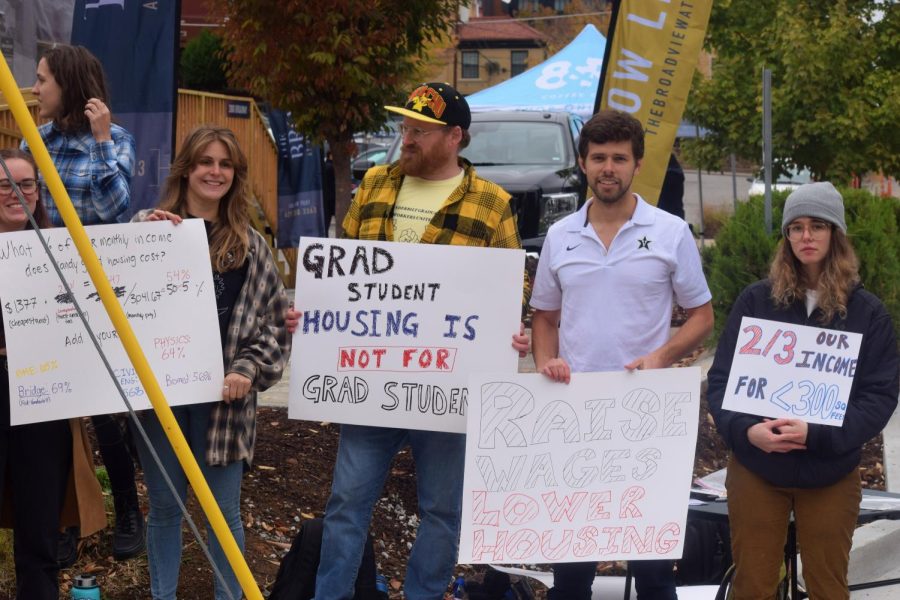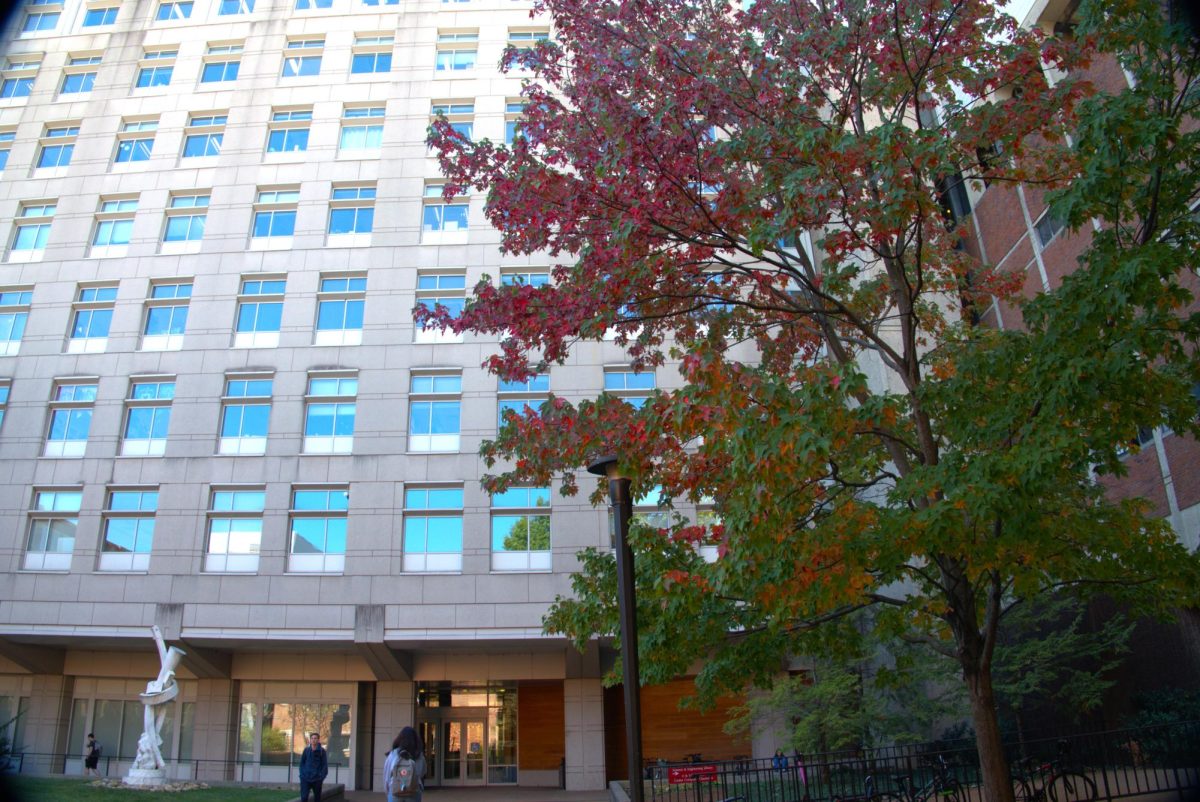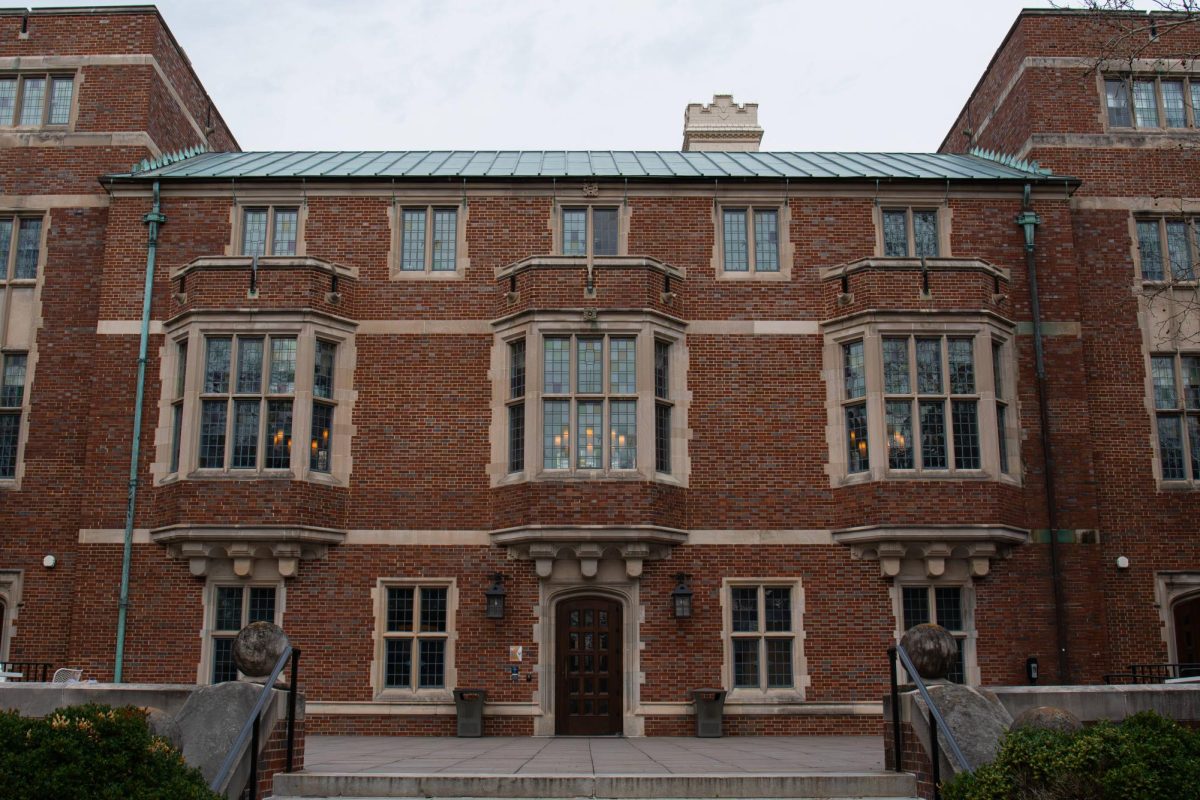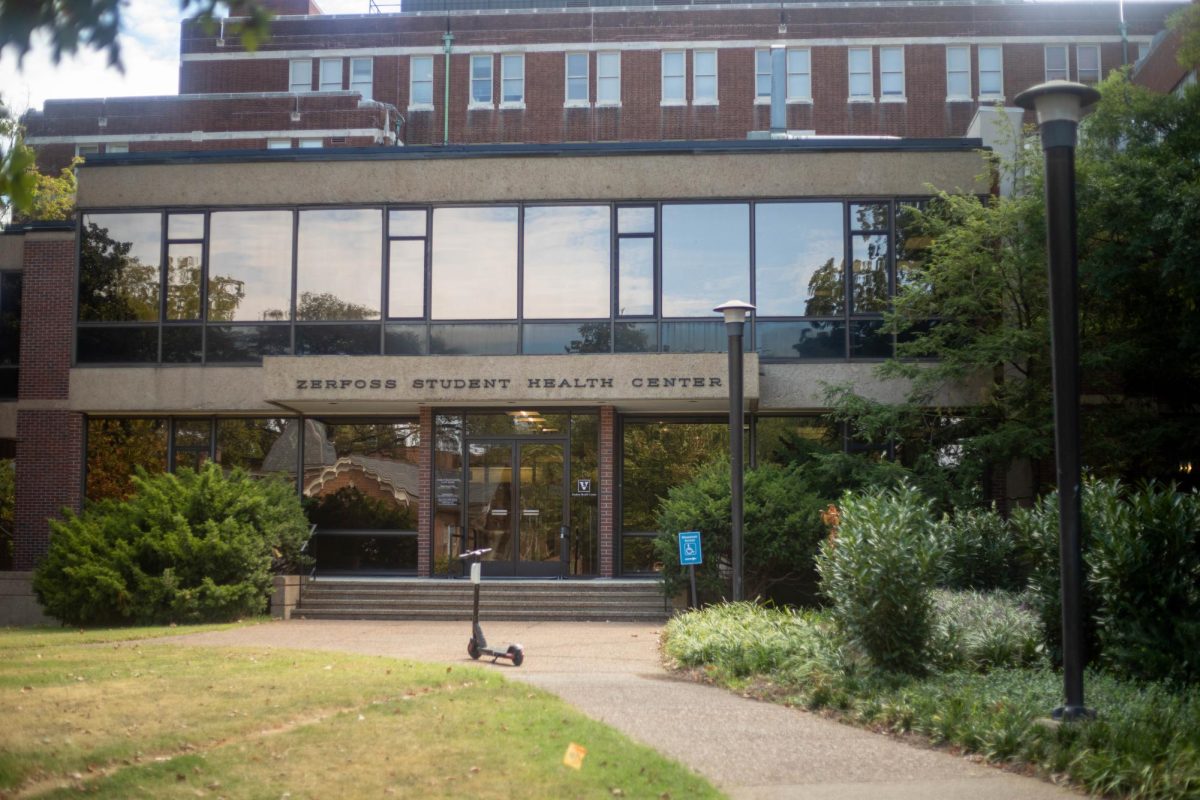Vanderbilt recently formed two new focus groups, the Faculty and Staff Working Group and the Graduate and Professional Student Housing Working Group, to assess the housing needs and accessibility of employees and students.
The establishment of the focus groups comes amid an Oct. 26 rally for affordable housing hosted by Vanderbilt Graduate Workers United and the Organization of Black Graduate and Professional Students and a subsequent VGWU rally calling for higher graduate student wages on Nov. 1.
In a Nov. 4 message to The Hustler, Vice Provost for Faculty Affairs Tracey George, co-chair of both working groups, said the Vanderbilt Real Estate Office and the Office of the Provost began an initiative in August to assess housing needs of students and employees, which includes these working groups. George added that the effort will continue in partnership with Brailsford and Dunlavey, a consulting firm. Brailsford and Dunlavey was hired by the university to analyze the housing situation for Vanderbilt students and employees through interviews, case studies, surveys and listening sessions.
The working groups will meet throughout the 2022-23 academic year and present recommendations to the university by summer 2023. A similar working group was formed in the summer of 2016 for the same purpose. The Faculty and Staff Working Group consists of eight faculty members from various departments, and is intended to evaluate housing options, according to George.
“The university recognizes that the availability and affordability of housing is a significant factor for current and prospective graduate and professional students, postdocs, staff and faculty,” George said. “As is our protocol, we always planned to engage constituent groups to meet with staff and consultants at various stages in the process to ensure transparency and provide effective recommendations.”
Graduate and Professional Student Housing Working Group
The Graduate and Professional Student Housing Working Group includes 13 student representatives from each of Vanderbilt’s schools, the Graduate Student Council and the Organization of Black Graduate and Professional Students, as well as André Christie-Mizell, Dean of the Graduate School. George, along with Director of Real Estate Margaret Emley, said the university began the process of receiving recommendations for participants in October and sent invitations as soon as the recommendations were received. George reached out to each school’s dean to ask for recommendations and then asked the recommended students if they were willing to serve. George added that the group began meeting in November 2022.
“I have been impressed by the caliber, engagement and thoughtfulness of the members,” George said. “We are lucky to have these students, postdoc, staff and faculty contributing their time and energy to this initiative.”
Graduate Student Council President Kyra Smart, a third-year graduate student, is a member of the Graduate and Professional Student Housing Working Group. According to Smart, she was contacted about joining the committee a few days after the Oct. 26 rally.
“The timing of the ‘Rally for Affordable Housing’ and the formation of our student and faculty committees are purely coincidental,” George said. “As you can imagine, an effort like this takes careful advance planning and time to initiate and put into motion.”
Vanderbilt announced other new initiatives on Nov. 11 to assist graduate students financially. A $2,000 Launching Student Success stipend will be granted to all future first-year doctoral students to place entering students on “more firm financial footing.” Other efforts by Vanderbilt to support graduate students include a new $5 million annual investment in graduate education, a series of workshops this fall on effective grant writing and the launch of Vanderbilt Awards for Doctoral Advancement this past April.
According to VGWU Co-President Kelly Cunningham, the most effective solution to graduate student housing affordability issues would be increasing graduate student salaries or subsidizing housing costs. She added that the stipends and housing options offered by the university are insufficient, short-term fixes. Cunningham emphasized the importance of taking Vanderbilt’s diversity into account when making housing changes and said she hopes the working groups will help facilitate the inclusion of diverse perspectives.
Smart said GSC held an open forum discussion at its general body meeting on Nov. 3 for members to share their thoughts on housing affordability issues. She added that GSC is currently drafting a resolution regarding concerns about graduate student stipend levels and housing affordability, which Smart expects to be completed by the end of the Fall 2022 semester. According to Smart, many graduate students have felt like their concerns were ignored in the past.
“There have been many surveys over the years asking for students’ priorities, and consistently we say affordability and making it easy for students to fit this into their paychecks,” Smart said. “I feel as though that’s been ignored.”
Despite this alleged history of unmet needs, Smart said she is hopeful about the potential outcomes of the working groups. She also emphasized the necessity of addressing stipend levels at Vanderbilt, potentially through the new working groups.
“I look forward to working with the Vice Provost, and I hope the action items we put to the university will be acted on,” Smart said.













